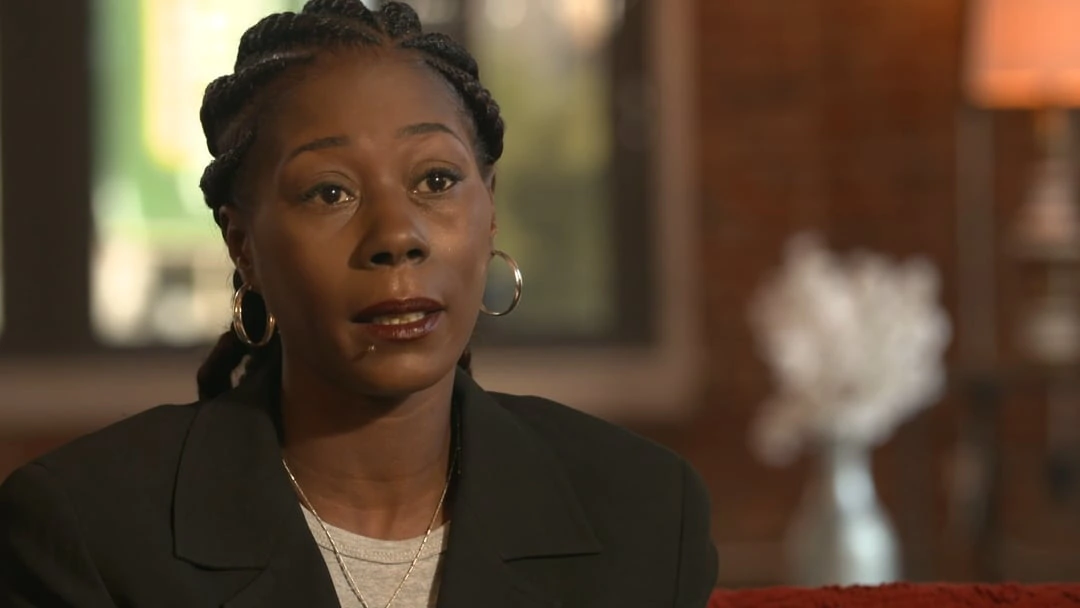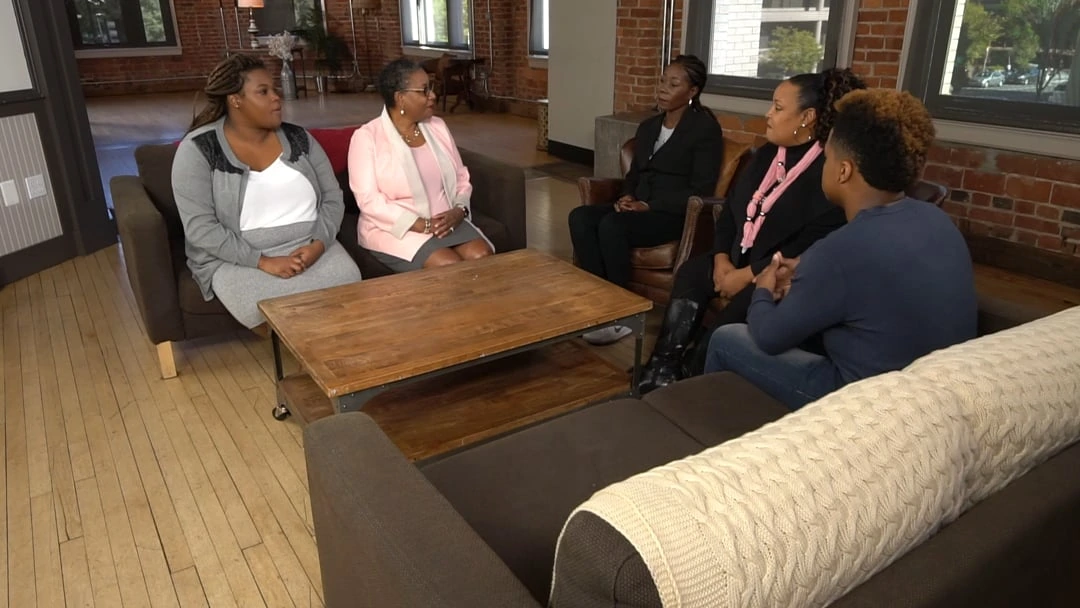Ridesharing may refer to: Carpool or Vanpool.
An arrangement between people to make a regular journey in a single vehicle, typically with each person taking turns to drive the others.
Vanpools are an element of the transit system that allow groups of people to share the ride similar to a carpool, but on a larger scale with concurrent savings in fuel and vehicle operating costs.
A company that, via website and mobile apps, matches passengers with drivers of vehicles for hire that, unlike taxicabs, cannot legally be hailed from the street.
Ride sharing companies have become increasingly popular over the recent years as individuals are looking for a more economic and fuel efficient means of travel. Also with the increase in technology and the new ability to reserve your ride via a smartphone app has made this industry more convenient for most than the traditional method of hailing a cab.
If you are hurt as a passenger in a Rideshare accident, your injuries will likely be covered by insurance, but the big question is whose policy applies to cover these costs? Generally speaking, financial responsibility usually will come from the insurance company of the at-fault driver. This could be either the Ridesharing company’s driver or another driver involved in the accident who caused the crash.
The ride sharing driver’s car insurance will apply to passenger injuries, if the driver has a commercial insurance policy or a personal car insurance policy with a special provision providing insurance coverage while engaged as a ride sharing driver. However, most ride sharing companies will not have insurance - commercial or personal - that will cover your injuries. Also most likely their personal car insurance policy with the “business use exception” will not cover damages and injuries that occur while the insured is acting as a for-profit driver.
The bright side of this is that Rideshare companies such as Uber® and Lyft® carry third party liability insurance coverage which pays up to $1 million for personal injuries and property damage per accident. These policies will only kick in after the ride sharing driver’s own insurance has been exhausted, assuming the driver possessed an applicable policy under the Rideshare company guidelines. As a passenger, you’re covered under this kind of liability policy, when the ride sharing company is at fault. If you are involved in a ride sharing accident as a passenger it is extremely important that you understand your options if this resulted in an injury or even death.
If you have been involved in a ride sharing accident that resulted in injuries, contact a Cochran Firm attorney today so we can investigate and get you the compensation for your injuries that you deserve. We will fight to cover your medical costs, lost work, lasting injuries and so much more. Contact us today for a free consultation.
Sources:
https://www.nolo.com/legal-encyclopedia/i-was-injured-while-riding-in-an-uber-or-lyft-vehicle.html























